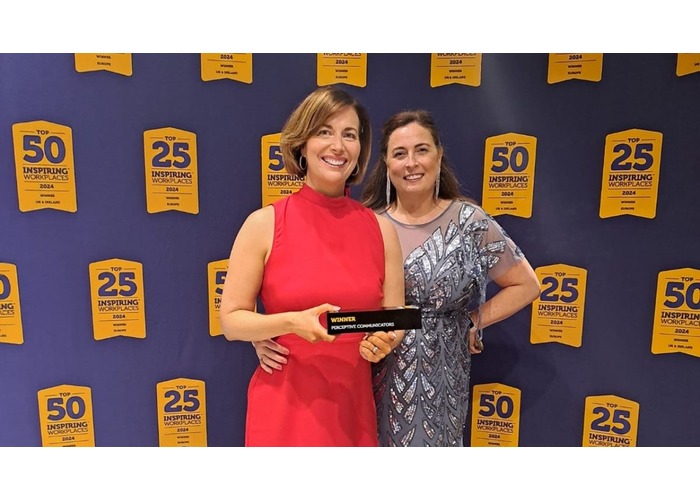DESPITE the number of women starting businesses in the UK rising to record levels, female-led startups continue to receive just a fraction of the equity investment male-led companies do, according to a new report published today by The Entrepreneurs Network in partnership with Barclays.
Accelerate to Excel, the latest annual report from the Female Founders Forum, reveals new Beauhurst data which shows that just 3.5% of equity investment for the first half of 2023 went to female-led businesses, while 85.1% went to male-led firms, and 11.4% went to startups co-led by women and men. In terms of the number of deals being agreed, the picture is somewhat more balanced, but female-led startups still comprise just 10% of the total amount, compared to 75% involving male-led startups, and 15% involving startups co-led by women and men.
The report examines a number of reasons for why the gender funding gap exists – including investor biases, inequalities in networking, cultural misperceptions about female founders, and childcare responsibilities. Off the back of these, it puts forward policy recommendations for how to tackle these obstacles – from suggesting government more rigorously evaluates interventions to support female entrepreneurs to ensure they are delivering effectively, to going further to make childcare less expensive, the high cost of which often prevents women from returning to work or starting a business after giving birth. For the private sector, the report urges more of the financial sector to sign up to the Investing in Women’s Code – a voluntary initiative which promotes female entrepreneurship – and encourages investors to consider how biases might disadvantage female founders when pitching for funding.
The report was endorsed with a foreword from the Rt Hon Caroline Nokes MP, Chair of the Women and Equalities Committee, who said: “As The Entrepreneurs Network and Barclays have tirelessly shown over the years since setting up the Female Founders Forum, women in particular face a host of unique challenges when it comes to enterprise. At just about every turn, female entrepreneurs experience obstacles that their male counterparts do not have to deal with – whether that’s when they’re raising investment or simply being taken seriously in business.”
She also added that: “More work is required if we’re to maximise the entrepreneurial potential of women in Britain. The reward on offer is huge, with the Treasury itself estimating that up to £250 billion of new value could be added to the British economy if women in the UK started and scaled new businesses at the same rate as men do. To unlock that prize, we cannot sit idly by. As politicians, we need to ensure that policies are fit for purpose, and reform them when they’re not. We must work harder to close the gender funding gap, incentivise more women to become investors and put more resources into entrepreneurship education. In the private sector, business leaders and investors need to give women entrepreneurs a fairer hearing.”
Commenting on the launch of the report, Juliet Gouldman, Director, Business Banking at Barclays, said: “At Barclays, we want to be a partner for growth and help all women in business realise their ambitions. It is immensely rewarding to see the positive progress made from the concerted efforts across the financial services industry, education institutions and government to lower the barriers to female entrepreneurialism. However, the systemic issues identified will not be resolved overnight, so an ongoing determination will be required if we are to achieve lasting change.”
The Female Founders Forum was established in 2016 as a joint initiative by The Entrepreneurs Network and Barclays. It comprises of over 100 of the UK’s most successful female entrepreneurs, including Laura Tenison MBE (Founder, JoJo Maman Bebe), Tamara Lohan MBE (Founder and CEO, Mr & Mrs Smith), Sara Murray OBE (Founder, Buddi) and Justine Roberts CBE (CEO and Founder, Mumsnet). It aims to celebrate and showcase female entrepreneurs, and campaigns to tackle obstacles and challenges they face when it comes to starting and growing a business.





